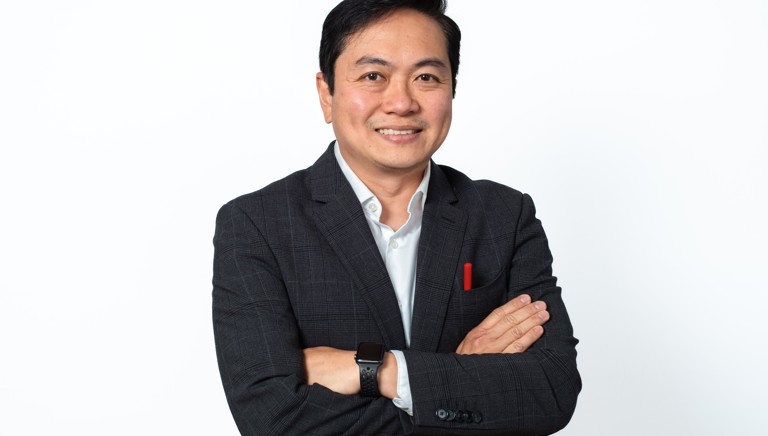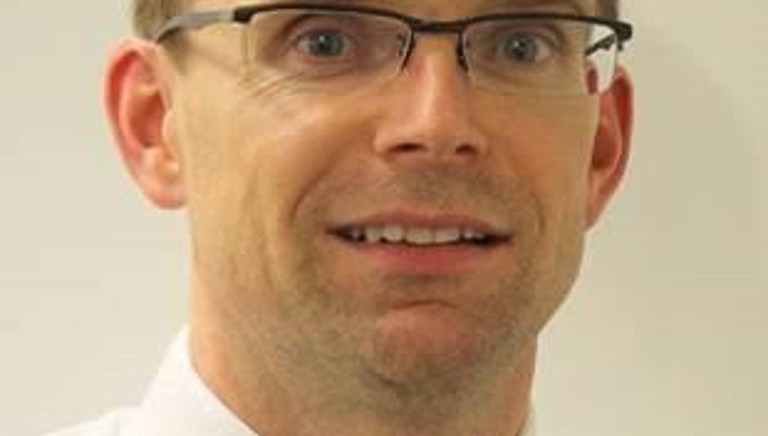June’s story of sickle cell
June has sickle cell, a genetic blood disorder that affects the red blood cells. She is one of the 1 in 17 people with a rare disease in the UK.
I was the infant who brought tears to my parents’ faces when the midwives and nurses broke the news “June has been diagnosed with sickle cell anaemia; I am sorry”.
I became the result of sleepless nights, countless trips to hospital, missed school days, midnight ambulance call outs, an expensive cost to the health care system, a social inconvenience stemming from the unpredictability of my disease, banned from playing PE in school, riding a bicycle or even swimming as all activities with the smallest exertion meant more nights in hospital.
I am eyes gone yellow because my liver does not process waste fast enough to leave my body, so I get jaundiced, I am flawed faulty genes, hips damaged from avascular necrosis, constant x-rays, lumbar punctures, heart scans, and red cells insufficient. I am hospital wards, clinic corridors, waiting rooms, scan rooms, MRI scans and claustrophobia, hospital beds and complex treatments. I am doctors’ subject of discussions, the high risk one, and the one “we need to keep an eye on”.
I am on daily medications, litres of water, hip replacements, acute chest syndrome, sickle retinopathy, bone infarctions, lung damage and mood swings.
But I allow myself to be helped, loved and saved. My loved ones are an essential part of me getting through this disease and in having a stable mental health. I get support from counselling, journaling, art, writing and travelling. Sometimes I get misjudged by this hidden disability, the need to prove I am in pain because I look fine and I have a little make up on that accentuates my cheekbones, or to prove that I am suffering internally or just the need to receive compassion and empathy from colleagues and sometimes friends, the need to make people understand that pain cannot be seen.
Sickle cell has not been the biggest challenge I have lived through in life. It’s been one of many life challenges but certainly the most repressive. People get to deal with life challenges every day but to top it with a chronic disease that brings a lot of pain and suffering is another ball game, I have had to deal with a lot of pain all my life. A disease that presents itself with excruciating pain that feels like people are using hammers to hit you with an aim to break your bones cannot be very easy to live with all your life. Its affected nearly every aspect of my life.
Fortunately, it hasn’t completely defined my life and my identity. As a child, what I knew was what I knew, and I didn’t necessarily draw equivalences with other people’s lives to see if my experience was the same as theirs. I just went with the flow. But I became an adult and I realised that this is something I had to accept; to endure ongoing and long periods of pain and suffering. Sickle cell is like a refining challenge, like a fire, which you put a precious metal into and after you have left the metal in there and poured it out, it’s better off. It’s given me a set of experiences which I apply to my everyday life and which contextualises my being.
Being able to deal with pain helped me show compassion to the world and to myself. It’s given me a very different kind of strength and resilience that I never thought I could have. And in all the pain and suffering, I consistently find meaning in it and its paved some beautiful experiences I never would have thought I would have in my lifetime.
June is a Changemaker in Takeda’s I am Number 17 campaign on rare diseases.
- Rare diseases
Last modified: 29 February 2024
Last reviewed: 29 February 2024

